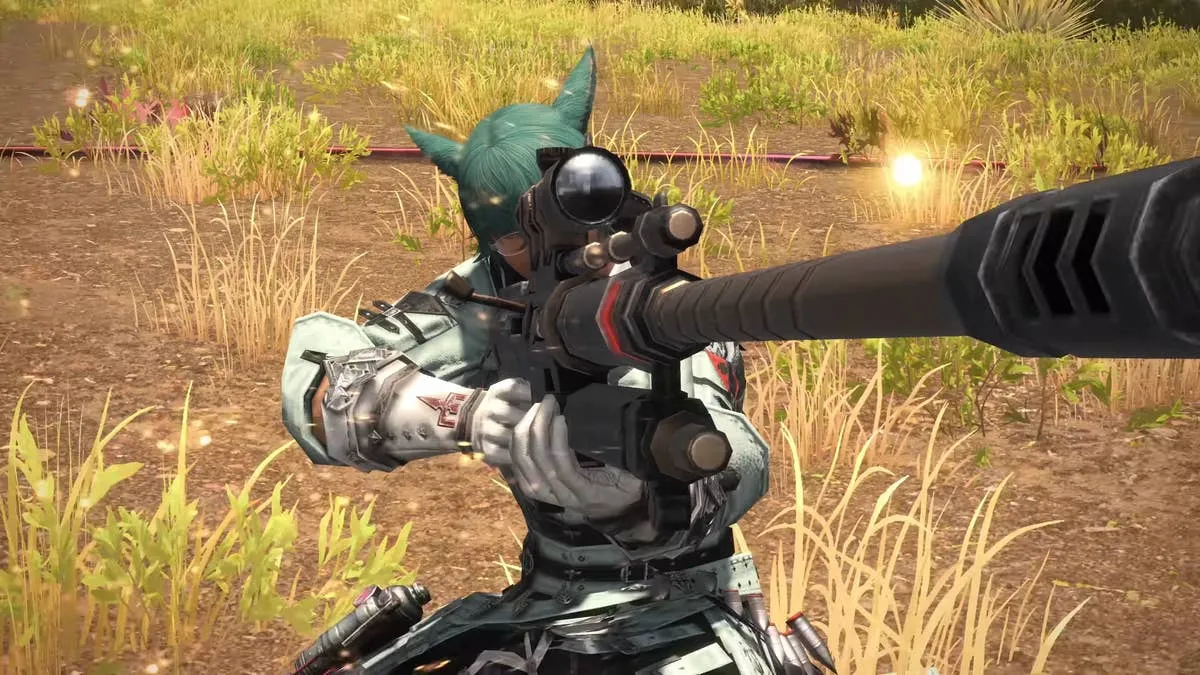In a turn of events that highlights the intense scrutiny under which these competitions are held, a single pixel led to the downfall of team GRIND. The team initially celebrated as the first to clear the newly released Ultimate Raid “Futures Rewritten,” part of the much-anticipated patch 7.1. However, their victory was short-lived. Detailed analysis revealed the use of a banned plugin, identified by a mere pixel on a player’s screen.
This pixel was critical—it indicated the use of Pixel Perfect Plus, a plugin that enhances player capabilities by showing precise hitboxes, which are crucial for evading area-of-effect (AoE) attacks in the high-stakes environment of an Ultimate Raid. This plugin is among the third-party tools prohibited in the game, as they can provide an unfair advantage in gameplay.

Disqualification and Its Repercussions
The discovery led Frosty, the creator of MogTalk and a prominent figure in tracking these world races, to disqualify GRIND. “I had our team research the plugin that was used by the team and its capabilities make it eligible for disqualification from the MogTalk leaderboard,” Frosty explained in a statement on social media platform X. He further noted that the use of the plugin was not sanctioned by the team, highlighting internal disputes over fair play.
As a result, the title of world first for Futures Rewritten was reassigned to the Kindred team, who had completed the challenge without the aid of prohibited tools. This decision underscores the ongoing challenges in policing such competitions, especially when not all attempts are streamed live, making it harder to verify fair play.

A Recurring Issue
This is not the first time the Final Fantasy 14 community has faced such issues. The past two years have seen similar incidents, where teams were stripped of their titles for using third-party mods. Following these events, Naoki Yoshida, the game’s director and producer, expressed his disappointment and commitment to enhancing in-game features to reduce the reliance on such tools. Despite these efforts, the allure of third-party aids seems hard to resist for some, as evidenced by the recurrent nature of these scandals.
Looking Ahead
The repeated occurrence of cheating in these high-profile raids calls for a more robust system of oversight and perhaps more severe penalties for those found guilty of bending the rules. While the community and developers navigate these turbulent waters, the core of the issue remains—balancing the competitive spirit with the integrity of gameplay in the increasingly popular world of MMORPGs.

This incident not only tarnishes the reputation of the involved parties but also casts a shadow on the competitive aspects of Final Fantasy 14, prompting a reevaluation of how competitive integrity is maintained. As the community looks forward, it remains to be seen how the developers will further adapt to prevent future controversies, ensuring a fair playing field for all enthusiasts of this beloved game.







